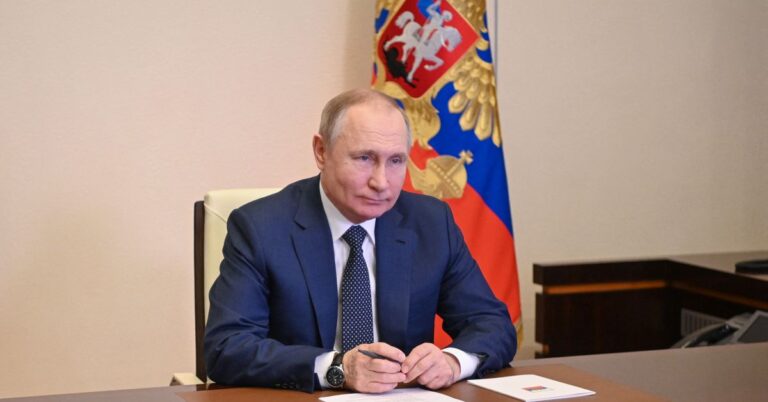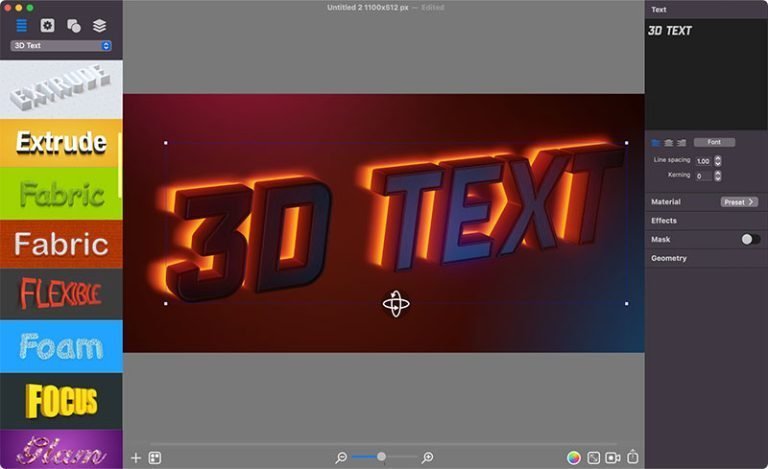
Prime Minister Narendra Modi in an interview with the TV channel, stated that Article 370 and 35A had long been a hurdle in the development of Jammu and Kashmir valley. Financial investment and creation of job opportunities are crucial for the development of the valley. Article 35A and 370 deterred all efforts to develop curtailing all possibilities of investment hindering the growth of cottage industries, SME, and tourism. The immense potential of the valley remains unutilized, as intellectual and skilled professionals are not willing to relocate because they will be denied basic civic and social amenities. It ends up shoveling severe blows to the greater interest of the valley. It is high time that the decades-old policies of Pandit Neheru concerning J&K be revoked.
Also Read: Credit Loan Sourcing For SMEs
The failure of preceding government policies in tackling the job crisis
Table of Contents
According to CMIE Center for Monitoring Indian Economy, Jammu and Kashmir topped the list of the monthly average rate of unemployment. Previously, all major manufacturing activities of the state were confined to the local capacities and production of handicrafts and agriculture.
However, as time passed, Government policies and industry-focused on cobbling existing relaxations and paved the way for the existence of several industry incentives. There was a time when the regional government offered fourteen different incentives to the industry. However, it failed to generate desired results due to the unprecedented delay in sanctioning and disbursement process. The BJP government spending on the sector of the industry as GDP percentage has not surged a lot in recent times. It is evident from the decline of industry expenditure from 153 crores in 2015 to INR 114 crore in 2016/17.
Also Read: Cash Management Hacks For SMEs
Poor show of investments
The presence of Article 370 and 35A was hugely responsible for the steady decline of investment for four consecutive years in the valley. As a result, the state’s share in the total new projects announced throughout the country which was 4.3 percent in 2013 dropped to 0.02 percent in 2018/19, Exempting the year 2013 the state share in the total new investment of SME remained below 1 percent in the last 14 years.
How will the revoking of Article 370 and 35A impact the economy?
Yes, it is true that the scrapping of the special status has laid the foundational stone for potential opportunities for investment and economic growth. However, it will be wrong to expect an immediate surge in investments across different sectors including SME.
The market of the valley is still in turmoil and investment will think twice before vesting any stakes. When the situation starts to normalize, the positive impacts will be first resonating through the hospitality and tourism segment followed by the retail, entertainment, education, healthcare, and SMEs.
Also Read: How GST Changed The Face Of SMEs
According to Niranjan Hiranandani, senior vice president of Assocham and National President of NAREDCO, the scrapping of Article 370 opens the floodgates for development-led economic growth in the Union Territories of J&K and Ladakh. This incredible move will encourage people from another state to be a part of the development process.
With the scrapping of Article 370 and 35A nonresidents of J&K will be eligible to invest in immovable property inside the union territories. However, one should not expect an immediate surge in industrial development.
For stakeholders of small industry, the government’s move is likely to bring about more investments in all sectors creating more jobs and revenue for the state. The Chamber of Traders Federation is optimistic that people of the valley beckons a great future as the doors to development have been opened.
Likewise, the Hotel and Restaurant Association of Western India and its vice president believe that the valley’s true potential as a tourist destination is about to flourish which has so long only yielded partial benefits to the state economy.
On the other hand, the immediate consequences of the revocation are unlikely to be favorable. The president of the J&K union of taxi operators believes that the business has recessed and will not hit its peak until March 2020. As the season of tourism is, overall stakeholders are anticipating financial turmoil over a period.
Also Read: Effective Ways To Manage Overhead Costs For SMEs
Conclusion
It will take some time before the ball of investment and industrial development in SME sets on a roll. You have to wait until the political condition in the valley clams down, and normalcy is restored. With the scrapping of Article 370 non –residents of the valley will have equal rights of starting enterprises get legal possession of immovable assets like land and building.
However, it will take some time, and it would be wrong to expect an immediate surge in investments. Investors will play the waiting game and keep a close eye on the market. As the tourism industry will begin to thrive and prosper the positives will gradually emanate to other sectors.
We at Indifi have set out on a journey to help small businesses by providing convenient credit facilities like monetary loans. If you are a budding entrepreneur with a vision and intent then Indifi can help. Through our state-of-the-art technology platform, we can gather and analyze relevant business data to ascertain the creditworthiness of an institution. Through our differentiated approach, we can filter out business with low risk and maximum possibilities and take them to potential lenders to optimize their chance of securing a loan with minimal risk and paperwork.






